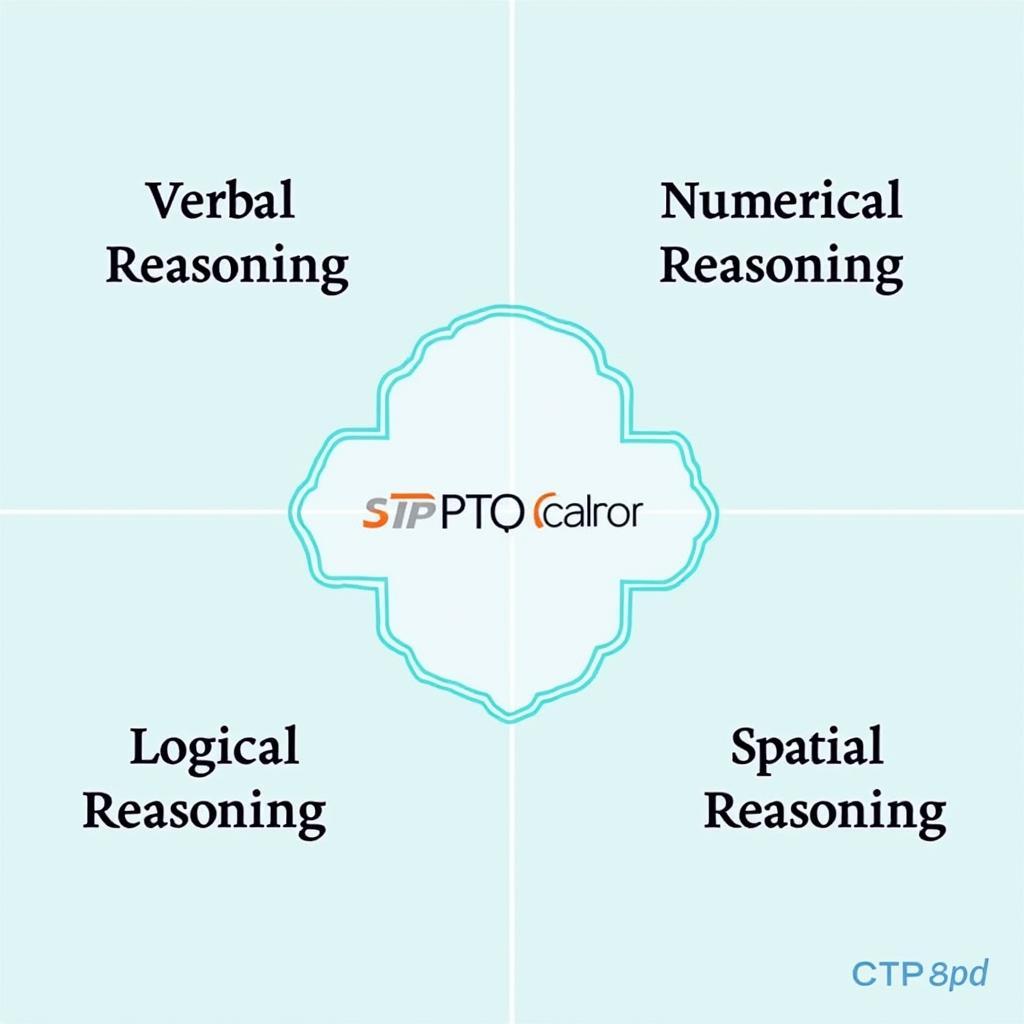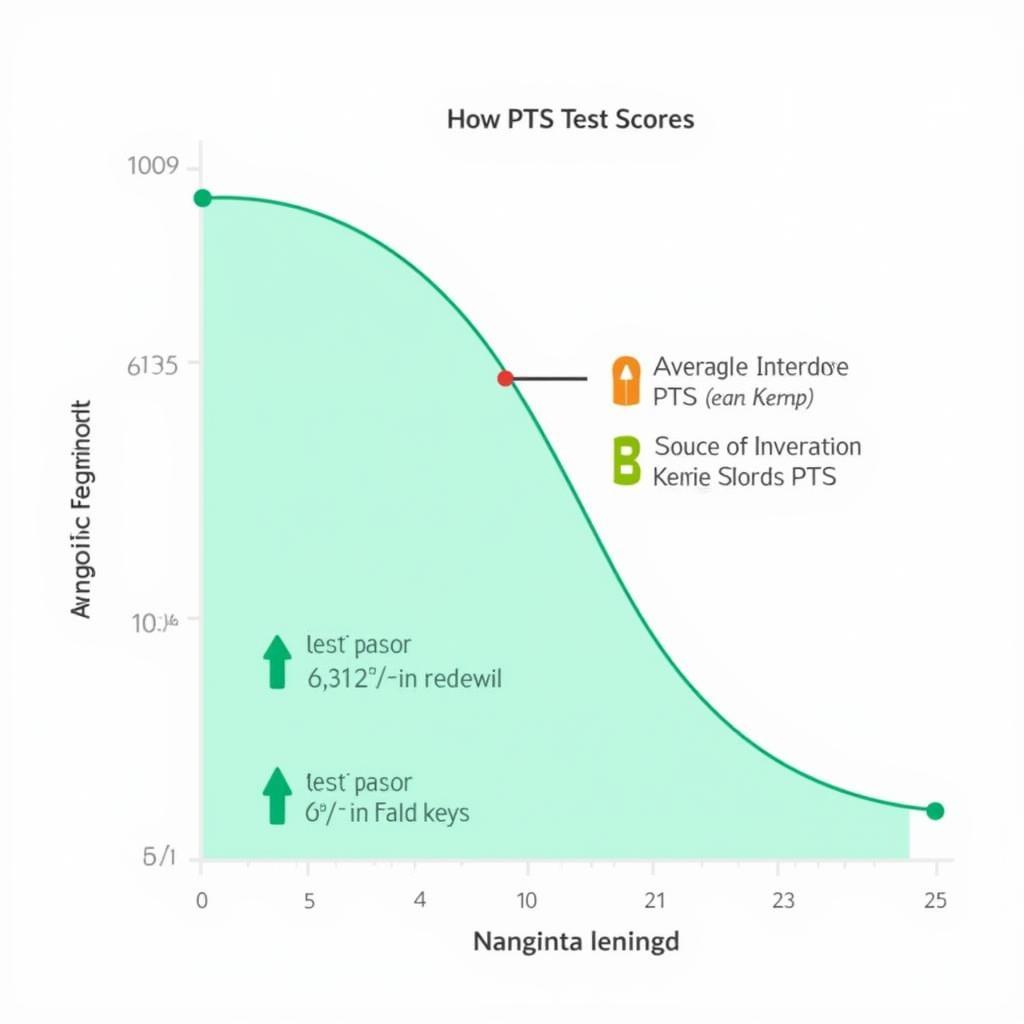The PTS, or Potential Talent Search, test is a widely used assessment tool designed to evaluate cognitive abilities and problem-solving skills. This article delves into the various aspects of the Pts Test, providing valuable insights into its purpose, format, and significance.
What is a PTS Test?
The PTS test is a standardized assessment tool used by employers and educational institutions to gauge an individual’s aptitude across various domains. Unlike knowledge-based exams, the PTS test focuses on measuring inherent cognitive abilities such as:
- Verbal Reasoning: Evaluating the ability to understand and interpret written information.
- Numerical Reasoning: Assessing the capacity to analyze and solve mathematical problems.
- Logical Reasoning: Measuring the ability to identify patterns, draw logical conclusions, and solve problems using deductive reasoning.
- Spatial Reasoning: Evaluating the ability to visualize and manipulate objects in space.
Why is the PTS Test Important?
The PTS test plays a crucial role in various selection and evaluation processes.
For Employers:
- Talent Identification: Helps identify candidates with high cognitive potential, regardless of their background or experience.
- Objective Assessment: Provides a standardized and unbiased method for evaluating candidates’ abilities.
- Predictive Validity: Scores on the PTS test have been shown to correlate with job performance and training success.
For Educational Institutions:
- Admissions Decisions: Used by some institutions as part of their admissions criteria to assess applicants’ academic potential.
- Course Placement: Helps determine students’ readiness for specific courses or programs.
- Scholarship Eligibility: Some scholarships and financial aid programs may consider PTS test scores.
Format of the PTS Test
The PTS test typically consists of multiple-choice questions presented in a timed format. The specific sections and time limits may vary depending on the test provider and the purpose of the assessment. Common sections include:
- Verbal Reasoning: Questions may involve reading comprehension, vocabulary, analogies, and logical reasoning based on written passages.
- Numerical Reasoning: Questions typically assess basic math skills, data interpretation, number series, and problem-solving using numerical data.
- Logical Reasoning: This section may present puzzles, sequences, diagrams, or scenarios that require logical deduction and pattern recognition.
- Spatial Reasoning: Questions often involve mentally rotating objects, identifying patterns in shapes, and visualizing spatial relationships.
 PTS Test Format
PTS Test Format
Preparing for the PTS Test
Adequate preparation can significantly enhance your performance on the PTS test. Here are some effective strategies:
- Familiarize yourself with the test format: Understand the structure, timing, and types of questions you can expect.
- Practice sample questions: Utilize practice tests and sample questions to identify your strengths and weaknesses.
- Improve your cognitive skills: Engage in activities that challenge your verbal, numerical, logical, and spatial reasoning abilities.
- Manage your time effectively: Develop strategies to allocate time efficiently during the test.
- Stay calm and focused: Avoid stress and anxiety on the test day, maintain a positive mindset, and concentrate on each question.
Tips for Success on the PTS Test
Here are some additional tips to keep in mind during the test:
- Read each question carefully: Pay attention to the wording and ensure you understand what is being asked.
- Eliminate answer choices: If unsure of the correct answer, try to eliminate obviously incorrect options.
- Manage your time wisely: Don’t spend too much time on any single question; move on and return if time permits.
- Check your answers: If time allows, review your answers before submitting the test.
What Do PTS Test Scores Mean?
PTS test scores are typically reported as standardized scores, which allow for comparison between individuals and across different test administrations. The scores provide insights into your relative strengths and weaknesses in different cognitive domains.
 Interpreting PTS Test Scores
Interpreting PTS Test Scores
The Importance of Practice and Preparation
Consistently practicing and familiarizing yourself with the PTS test format can greatly enhance your performance.
“Practice makes perfect, especially when it comes to standardized assessments like the PTS test,” says Dr. Emily Carter, an educational psychologist specializing in cognitive assessments. “Regular practice not only helps individuals become more comfortable with the test format but also strengthens their cognitive skills and problem-solving abilities.”
Conclusion
The PTS test serves as a valuable tool for assessing cognitive abilities and predicting potential. By understanding its purpose, format, and significance, individuals can approach the test with confidence and strive for their best performance. Remember, thorough preparation, effective strategies, and a calm mindset are key to succeeding on the PTS test.
FAQs
Q: How long is the PTS test?
A: The duration of the PTS test can vary, but it typically ranges from 1 to 2 hours.
Q: Can I retake the PTS test?
A: Retake policies vary depending on the test provider. It’s advisable to inquire about retake options beforehand.
Q: Are there any resources available for practicing the PTS test?
A: Yes, numerous online platforms and test preparation books offer practice tests and sample questions.
Q: How are PTS test scores used in selection processes?
A: Employers and educational institutions use PTS test scores as one factor among others to make informed decisions.
Q: Can I prepare for the PTS test on my own?
A: Yes, self-preparation is possible with the right resources and dedication. However, seeking guidance from test preparation experts can be beneficial.
Still have questions about the FT4 Pro stick? We’re here to help!
Contact us at:
Phone Number: 0902476650
Email: [email protected]
Or visit us at:
139 Đ. Võ Văn Kiệt, Hoà Long, Bà Rịa, Bà Rịa – Vũng Tàu, Việt Nam
Our customer support team is available 24/7 to assist you.





